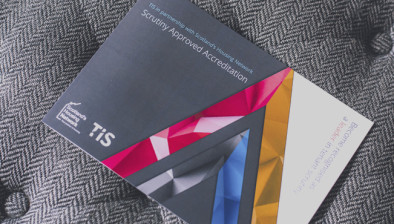Tenants call for improved consultation around decarbonisation of social housing

Andrea Finkel-Gates
Scotland’s Housing Network and the Tenants Information Service (TIS) have undertaken a consultation with social housing tenants across Scotland.
This consisted of a survey and a series of focus groups in order to better understand tenant’s views and attitudes towards social housing and the climate emergency in Scotland, and to develop a communication and participation framework.
The Scottish Government’s twenty-year vision for housing - Housing to 2040 sets out the commitment to take action to adapt and retrofit existing homes to improve energy efficiency and decarbonise heating.
This means that homes across all tenures must be more energy efficient and begin to move away from using fossil fuel heating systems like gas boilers, if targets are to be met. However, these ambitions do not come without notable financial and technical challenges.
While a range of studies have already been published, many of these relate to general attitudes towards climate change across the UK and do not address the specific priorities and expectations of people living in social housing in Scotland. Therefore, this study was undertaken as a starting point to better understand tenants’ views and attitudes towards climate change.
The findings highlight whilst tenants were concerned about the effects of climate change the cost-of-living crisis was a priority for most tenants taking part. With the cost of food, fuel and energy increasing there were concerns amongst tenants that decarbonisation of social housing would exacerbate this both through driving up rents and potentially higher heating costs.
Whilst social housing tenants were fully supportive of a fabric first approach there were some concerns that rent freezes would make this challenging.
The study also found that tenants felt that there had not been enough consultation on decarbonisation at both a national and a local level. Whilst they recognised the challenges in getting people involved in consultation, they highlighted the importance of ensuring tenants’ voices were heard on this matter. Tenants also highlighted the need for improved communication around decarbonisation of social housing to ensure tenants have the facts and would dispel any rumours, fears or worries.
Andrea Finkel-Gates, chief executive for Scotland’s Housing Network, said: “this project highlights that whilst tenants are aware of the Government’s target to reach Net Zero emissions by 2045 they are not fully aware of what this mean to them and their homes.
“There is a need for improved communication around decarbonisation of social housing to ensure that tenants have the facts.”
Ilene Campbell, TIS chief executive, commented: “TIS was delighted to work in partnership with Scotland’s Housing Network on this meaningful and important consultation.”
“The research highlights that there is an appetite, across Scotland, for social housing tenants to work together, with their landlords, and progress decarbonising their homes. We are confident that the framework and toolkit will support landlords to maximise tenant engagement and participation relating to climate change discussions and decision making – and move towards achieving Net Zero by 2045.”
“The communication and participation framework developed in partnership with Tenants Information Service will support social landlords in ensuring that tenants voices are heard.”








